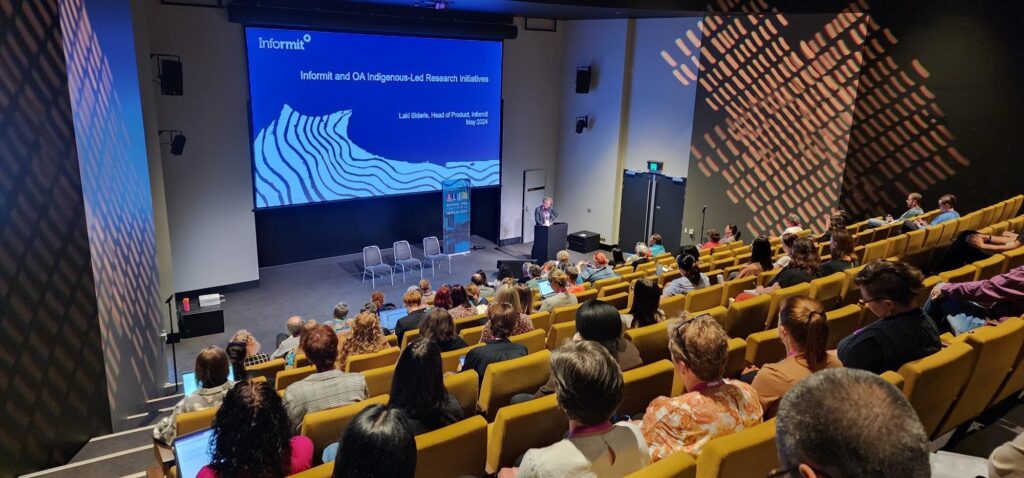
A symposium co-convened by Informit and CAVAL on how we describe, apply, and amplify Aboriginal and Torres Strait Islander academic publications.
RMIT Activator, Naarm
Thursday, 7 September 2023 8:30 AM – 5:00 PM AEST
Informit and CAVAL are proud to co-convene Kummargii Yulendji Symposium, bringing together key representatives from CAVAL’s membership, publishing, research, and information industries for this important meeting of minds. This symposium aims to share insights, experiences, and collaborate on next steps
Welcome to Kummargii Yulendji!
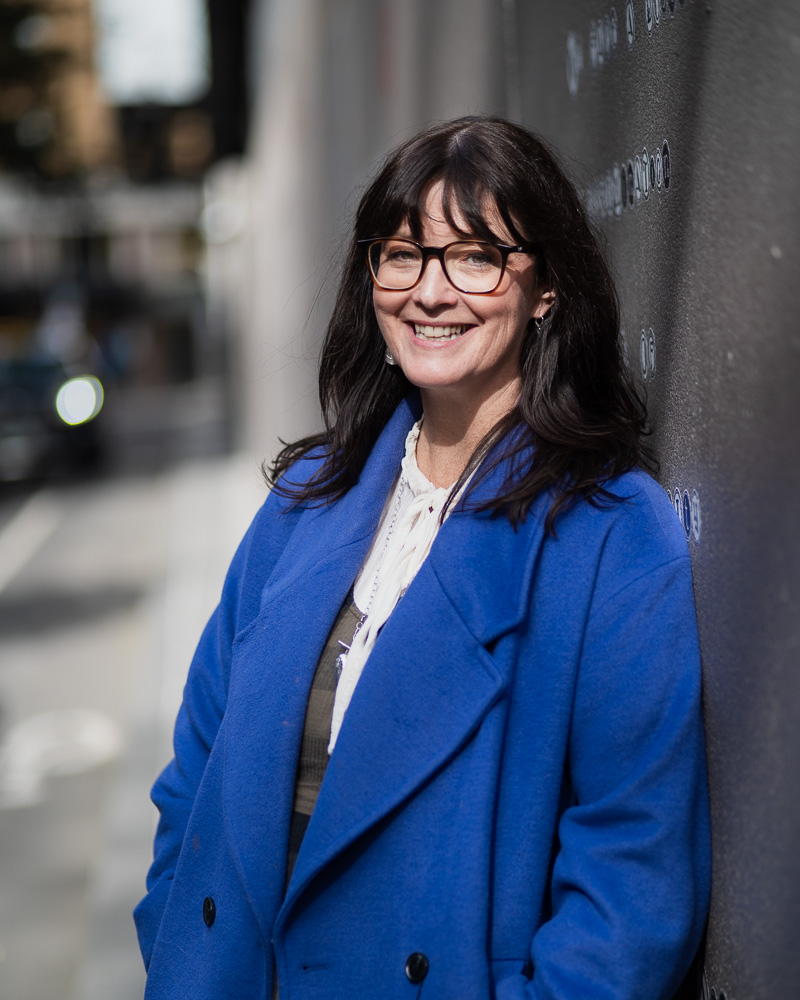
Emma Juniper, Director of Informit
The need for this forum has arisen through recognition that the academic publication space has expanded in exciting Indigenous-led ways since current indexing systems and terminology were implemented. We realise that many organisations within the sector are starting to address these inadequacies but may not yet be pooling insights from these endeavours. Kummargii Yulendji Symposium aims to bring industry and academic leaders together to present current projects in this space, to discuss the ways we describe and organise Aboriginal and Torres Strait Islander academic outputs, and approaches to decolonise these systems.
Kummargii Yulendji Symposium is one of a suite of initiatives that Informit is implementing to embed Indigenous perspectives within our platform. We at Informit believe the recent exponential increase in academic research being undertaken by Indigenous scholars is one of the most exciting developments in Australian research today. Informit is well placed to amplify these achievements.
Kummargii Yulendji meaning ‘Knowledge is Rising’, was named by Boon wurrung elder N’arwee’t Professor Carolyn Briggs, who is part of our valued Steering Committee. We see this Symposium as a starting point, because we realise we will need more than one day! However, it is a very promising starting point towards creating inclusive systems that appropriately and effectively platform First Nations knowledge.
I am thrilled to extend a very warm welcome to all the fabulous presenters and delegates – thank you for being here to collectively begin to realise the vision.
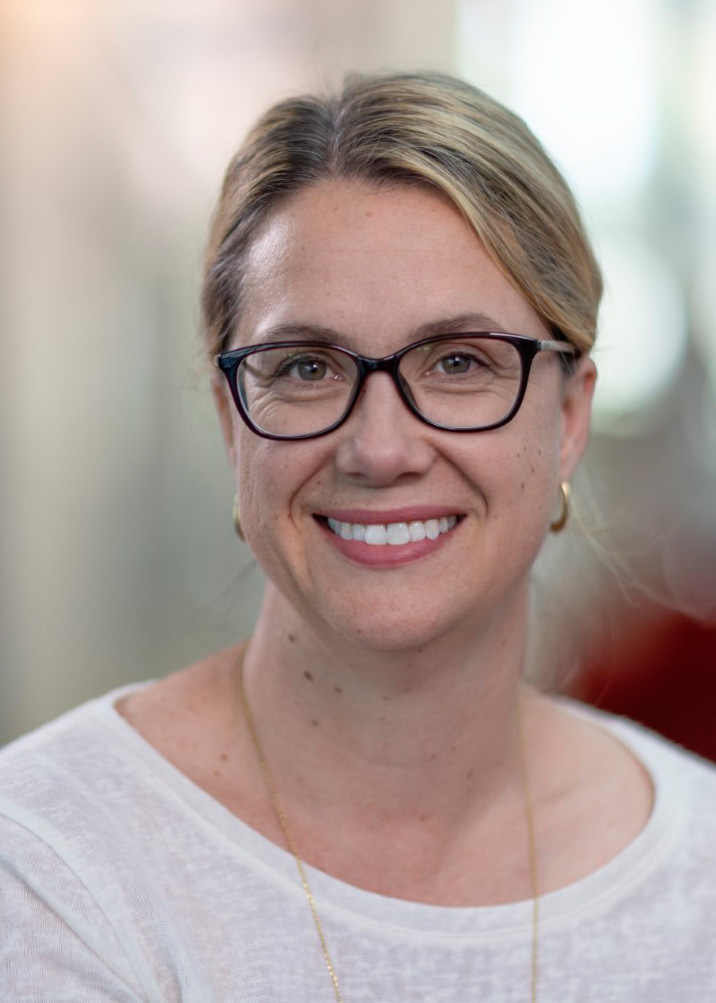
Jaime McCowan, CAVAL CEO
This year CAVAL launched the Indigenous Knowledges Attribution Toolkit which assists library staff to guide undergraduate students to assess and respectfully cite Indigenous Knowledges. The resource was commissioned by CAVAL as a member-driven initiative and created by the Indigenous Archives Collective (IAC). The path to releasing the citation guidelines surfaced the importance of respectfully acknowledging the critical need for redressing power relationships in citation practices, and the importance of accurately attributing and increasing representation of Indigenous knowledges in source materials.
Alongside the work of the IAC, CAVAL has been commissioned by several academic institutions to assist them with retrospective audits and clean-up of “at risk” bibliographic records in their catalogues. The projects include the identification and reparative description of subject headings, names, peoples, and languages as well as the removal of offensive terms from the records. The aim is for the items to be more discoverable, use appropriate terms, and be culturally safe for its users.
Kummargii Yulendji will highlight some of the important work that is happening and will provide the opportunity to collaborate as a collective into the future. CAVAL believes this is an important first step to describe, apply, and amplify Indigenous outputs and achievements. We believe this is only the beginning of more things to come and I’m excited to welcome you and our presenters and want to thank you all for coming together and contributing to these first steps on the path forward.
Program Agenda
| 8.30am | Arrival – tea & coffee | ALL |
| PRESENTATIONS: (online & in person) | ||
| 9am | Welcome to Country | Alex Kerr, Wurundjeri Cultural Educator |
| 9.10am | Welcome from co-conveners, Informit & CAVAL | Emma Juniper, Director of Informit Jaime McCowan, CEO of CAVAL |
| 9.20am | KEYNOTE The Art of Show & Tell – Voices in Context | Professor Gary Thomas, RMIT Pro Vice-Chancellor Indigenous Education, Research and Engagement |
| 10am | KEYNOTE The varied landscapes of Indigenous-focused descriptive work in Canada | Assistant Professor Stacy Allison-Cassin, Department of Information Science, Faculty of Management, Dalhousie University (Kjipuktuk (Halifax), Canada) Chair: Professor Lisa Given, RMIT University |
| 10.45am | Morning tea break | ALL |
| 11.15am | PANEL Guidelines for description of First Nations collections | Michelle Rusiniak, University of Melbourne Jaime McCowan, CAVAL Anthony McLaughlin, AIATSIS Tui Raven, Creative Director & Cultural Advisor |
| 12pm | PROJECT PRESENTATION Indigenous Referencing Guidance for Indigenous Knowledges: A Toolkit | Dr Kirsten Thorpe, Jumbunna Institute, UTS, Indigenous Archives Collective Dr Shannon Faulkhead, Museums Victoria Research Institute, Indigenous Archives Collective Lauren Booker, Jumbunna Institute, UTS, Indigenous Archives Collective |
| 12.45pm | PROJECT PRESENTATION CAUL Strategic Program: From Decolonisation to Indigenisation | Jill Benn, Chair, Council of Australian University Librarians, and University Librarian, University of Western Australia |
| 1.15pm | Lunch break End of online event | |
| WORKSHOPS (in person) | ||
| 2.15pm | Roundtable discussion #1: Describe | Chairs: Sae Ra Germaine (CAVAL) Dr Sarah Polkinghorne (RMIT) |
| 3.15pm | Afternoon tea break | ALL |
| 3.30pm | Roundtable discussion #2: Apply & Amplify | Chairs: Professor Lisa Given (RMIT) Niki Ebacioni (Metadata editor, Informit) |
| 4.30pm | Reflections on the day and next actions | ALL |
Presenter biographies
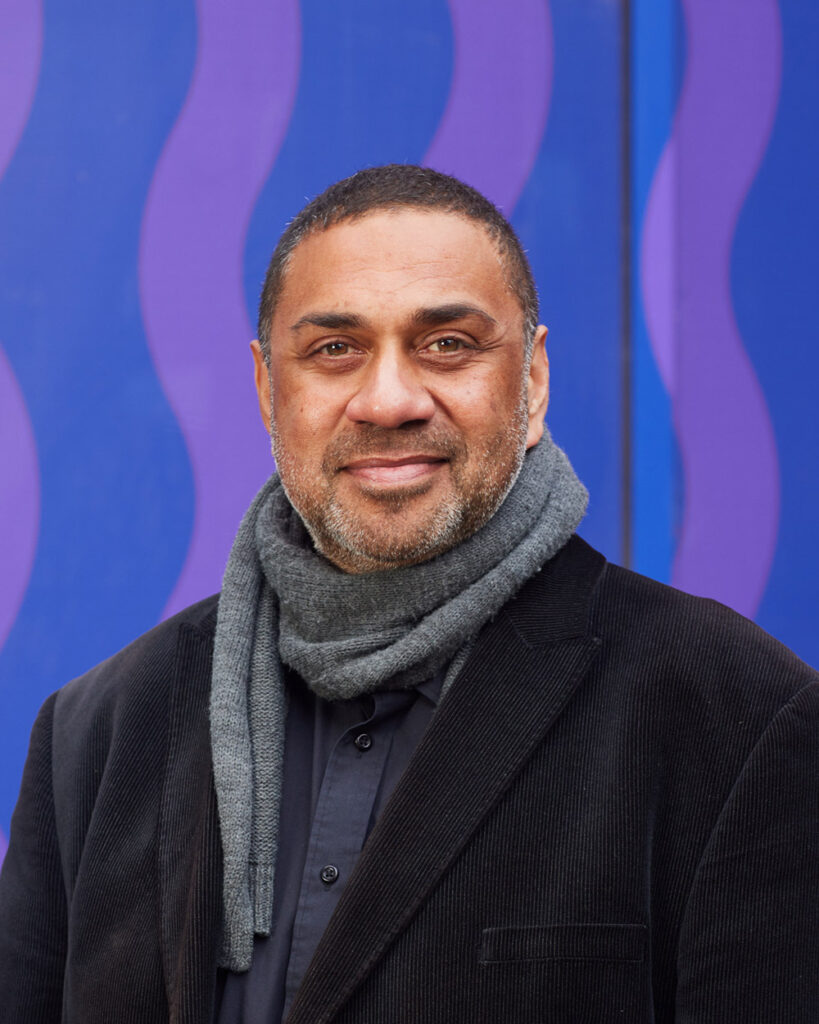
Professor Gary Thomas
RMIT Pro Vice-Chancellor Indigenous Education, Research and Engagement
Professor Thomas leads the University’s Indigenous policy, strategy and engagement with partnerships, and provides insight and directions in education, innovation and research, employment and Community engagement.
Professor Gary Thomas is RMIT’s first Pro Vice-Chancellor Indigenous Education, Research and Engagement. He is a Yui and Australian South Sea Islander man from North Queensland.
Prior to joining RMIT, he was the inaugural Dean Indigenous Education and Engagement at the University of the Sunshine Coast.
He has contributed to national and international Indigenous education agendas as an office bearer within the National Aboriginal and Torres Strait Islander Higher Education Consortium and the World Indigenous Nations Higher Education Consortium. He currently serves as a member of the Advisory Board to the National Centre for Student Equity in Higher Education.
In 2016, Professor Thomas became the first Indigenous Australian to be awarded Principal Fellow of the Higher Education Academy (UK).
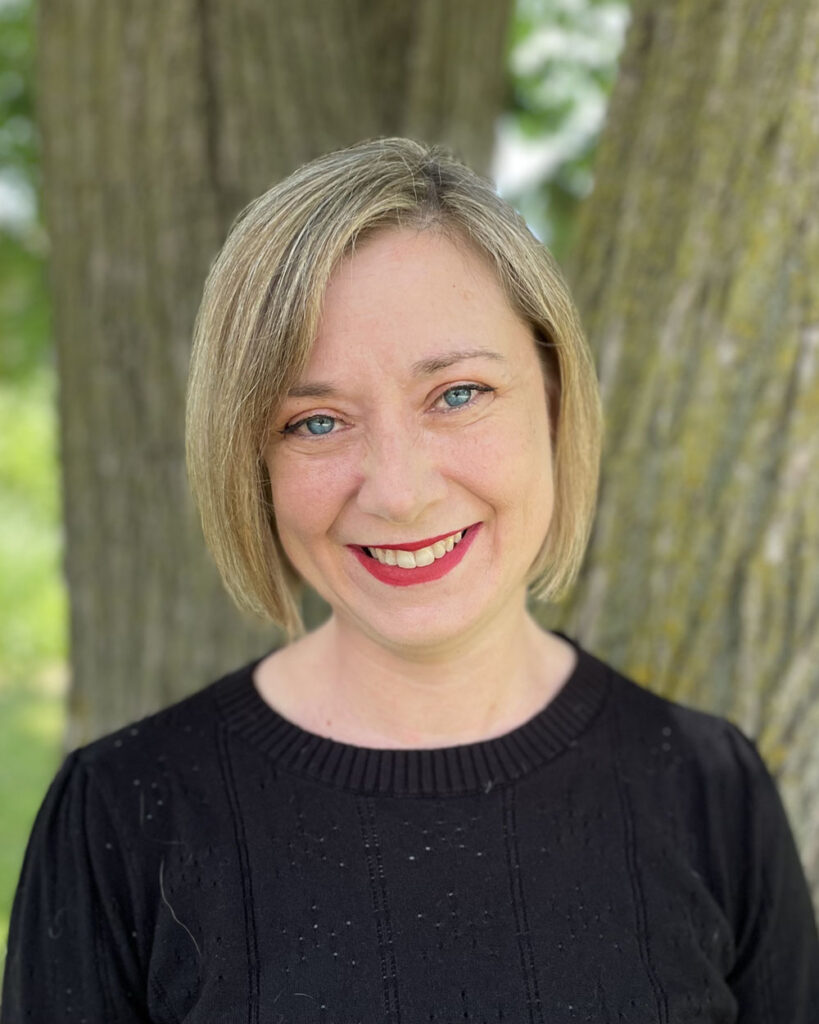
Assistant Professor Stacy Allison-Cassin
Department of Information Science, Faculty of Management, Dalhousie University (Kjipuktuk (Halifax), Canada)
Stacy Allison-Cassin is a Citizen of the Métis Nation of Ontario with kinship connections to the Georgian Bay Métis community. An Assistant Professor in the Department of Information Science at Dalhousie University in Halifax, Canada, Stacy engages in research related to linked data, and metadata and issues related to equity and justice. She is currently Chair for the Teaching and Learning community and a member of Council of the National Indigenous Knowledge and Language Association, and Indigenous-led association centered in Canada. She has served as Chair of the IFLA Indigenous Matters Standing Committee, Wikidata Working Group, and is a current member of the Subject Analysis and Access Standing Committee and sits on several advisory bodies.
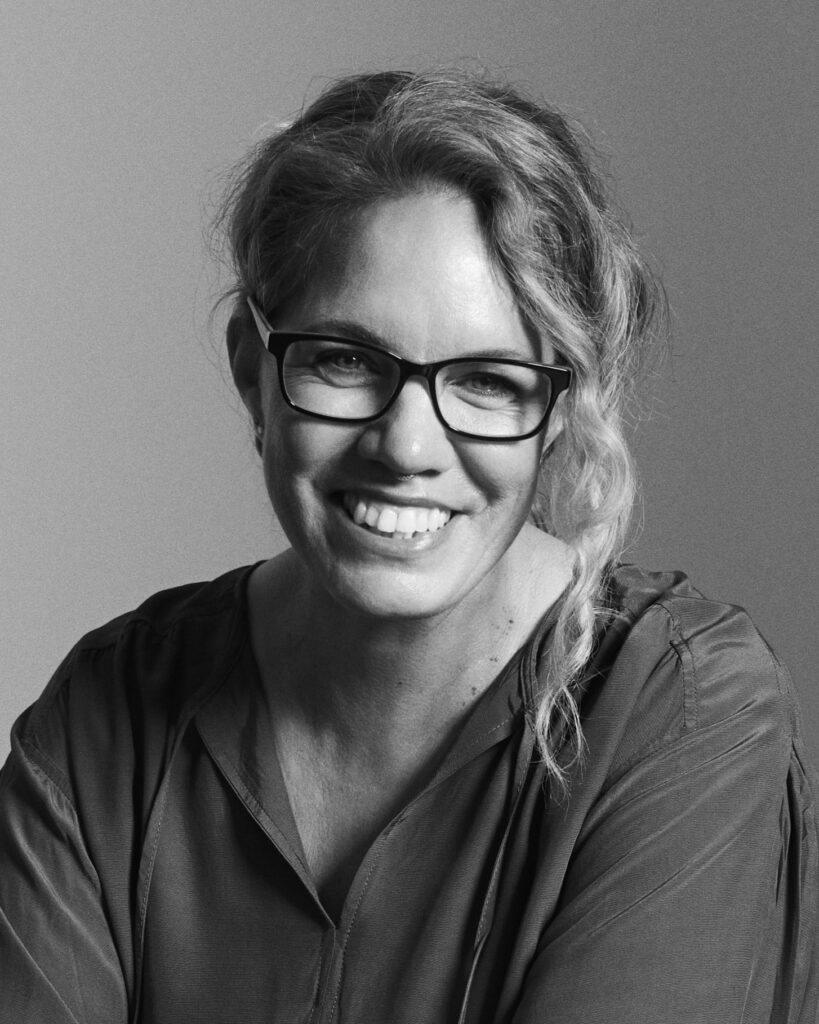
Tui Raven, Yamaji Nyungar
Creative Director & Cultural Advisor
Tui Raven, Yamaji Nyungar operates a sole trader business that specialises in Aboriginal cultural advising, research, project management, and art curating. In 2021, Tui curated the standout exhibition Collective Ground at the Art Gallery of Western Australia and in 2021 was a writer for the award-winning WAnderland project by the Western Australian Museum, highlighting local collections around WA. From 2020 to 2022, Tui worked on The First Inventors documentary as a remote and on-Country advisor, associate producer, and on-screen investigator. Tui’s interest in reparative description comes from working at the State Library of Western Australia – in her roles as an Indigenous Literacy Officer and as Project Coordinator for the From Another View project, a reimagining of exploration history from Aboriginal perspectives. In 2022, Tui enrolled in a PhD at Curtin University to tackle the issue of First Nations collection description and to reimagine archival and cataloguing practices using First Nations knowledge systems.
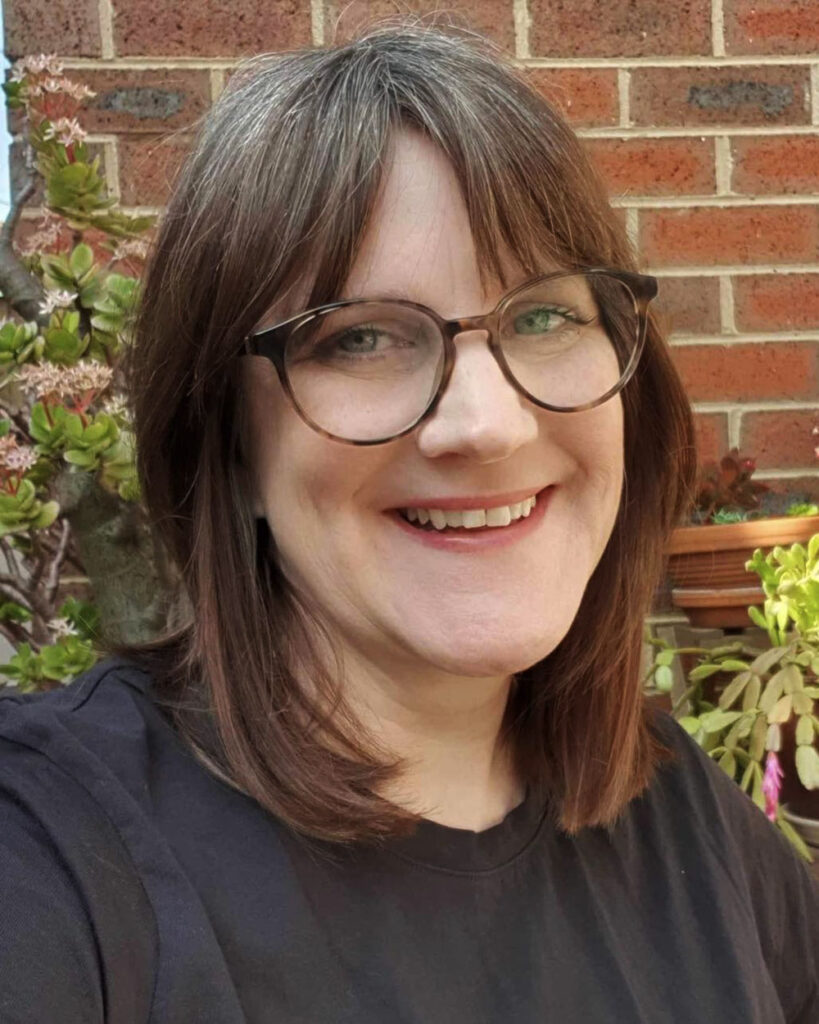
Michelle Rusiniak, University of Melbourne
Manager, Metadata & Resource Sharing
Michelle Rusiniak is the Manager, Metadata & Resource Sharing at the University of Melbourne. With over 20 years experience in the library metadata space, she began working at the University in 2015 and has been in her current role for 4 years. She has instigated a number of initiatives, including the Culturally Aware Metadata project, enjoys working with her teams to gain workflow efficiencies, and recently has been exploring future directions for the library’s resource sharing service.
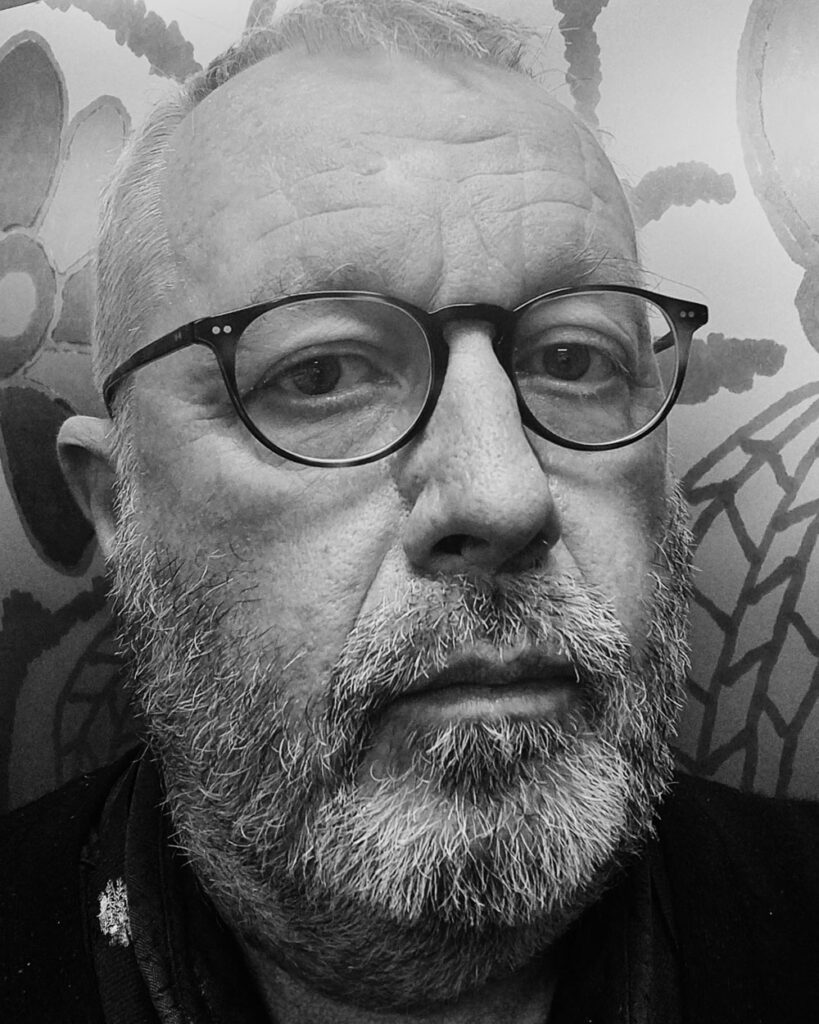
Anthony McLaughlin
Assistant Director, Australian Institute of Aboriginal and Torres Strait Islander Studies (AIATSIS)
Anthony is an Assistant Director, in the Collection Development and Management program at the Australian Institute of Aboriginal and Torres Strait Islander Studies (AIATSIS). His team specialises in cataloguing and managing the descriptive vocabularies of AIATSIS which go towards describing its First Nations Collection. Anthony was instrumental in the adoption of the AustLang codes as a language source for MARC cataloguing. He has worked closely with colleagues from across the library sector in the development of a set of guidelines for description of First Nations material that could be broadly applied in Australian libraries. Anthony is committed to strengthening the community of practice around the Indigenisation of catalogues and collaborating on matters of cultural safety in resource description.
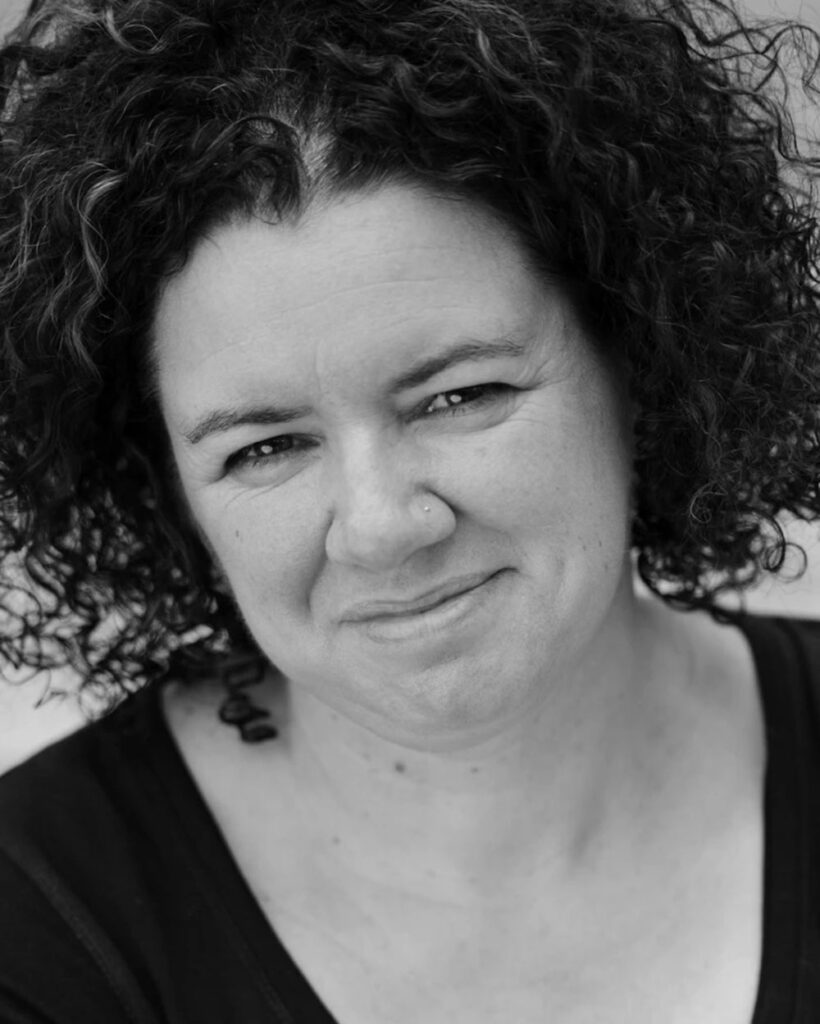
Dr Shannon Faulkhead
Museums Victoria Research Institute, and Indigenous Archives Collective
Dr Shannon Faulkhead is a Koorie woman from Mildura and is currently Head of First Peoples Research & Collections, Museums Victoria Research Institute. In 2009, she graduated with PhD research titled ‘Narratives of Koorie Victoria’. Prior to returning to study she worked for nine years at the Koorie Heritage Trust. Her research concentrates on the location of Indigenous Australian peoples and their knowledge within the Australian society and collective knowledge. In 2011, she became the Finkel Fellow (Senior Research Fellow) with the Monash Country Lines Archive program, researching the use of 3D animation in preserving and intergenerational learning of language and knowledge that is in danger of being lost. Shannon is a published author, academic, cultural critic and practitioner with significant experience in community advocacy research and projects. She has published and presented academic papers at local, national and international conferences and has a developed understanding of life for Indigenous Australians in contemporary mainstream Australia. Shannon is currently Head, First Peoples Research & Collections, Museums Victoria Research Institute.
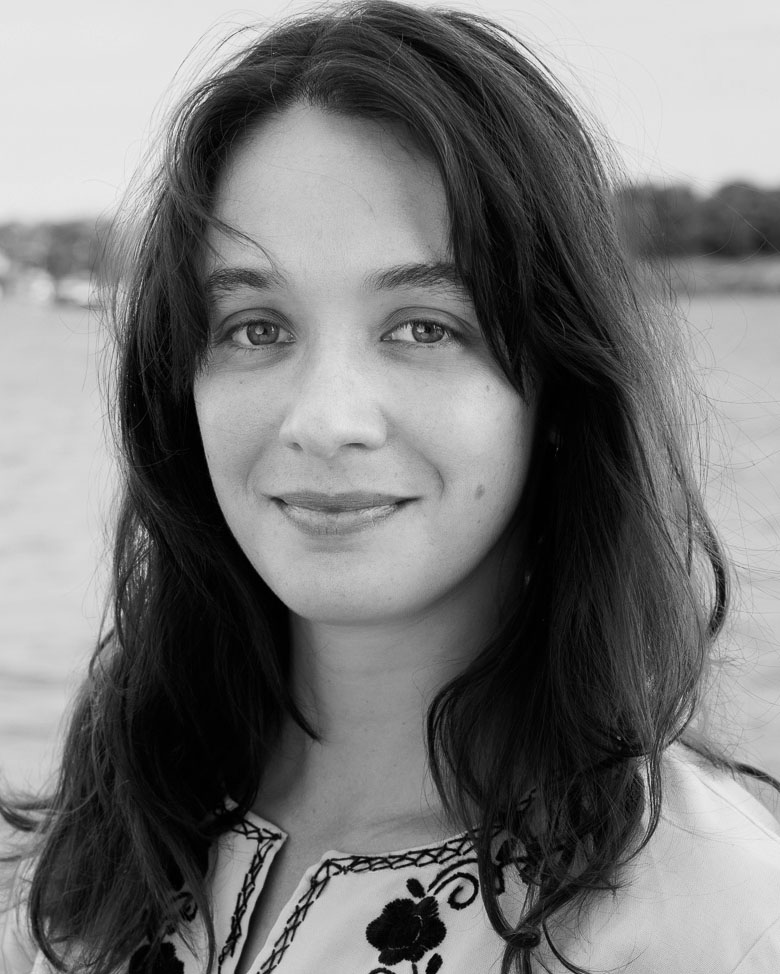
Lauren Booker
UTS and Indigenous Archives Collective
Lauren Booker (Garigal) is a Research Fellow and PhD student in the Indigenous Archives and Data Stewardship Hub at Jumbunna Institute for Indigenous Education & Research, University of Technology Sydney (UTS). Lauren has worked across the museums and archives sector on projects supporting First Nations communities and organisations to access their cultural and intellectual property held in collecting institutions. This includes working in consultation with the public library network regarding language documentation identification and the use of manuscripts in language revitalisation. Lauren’s work also supports Aboriginal and Torres Strait Islander peoples reclaiming archives, personal information and ICIP through focusing on digitisation, the organisation of digital community archives and advocating for increased Indigenous rights in records. She is a strong supporter of post-custodial archives, repatriation, Indigenous Cultural and Intellectual Property rights and Indigenous Data Sovereignty. Lauren is also a member of the Indigenous Archives Collective.
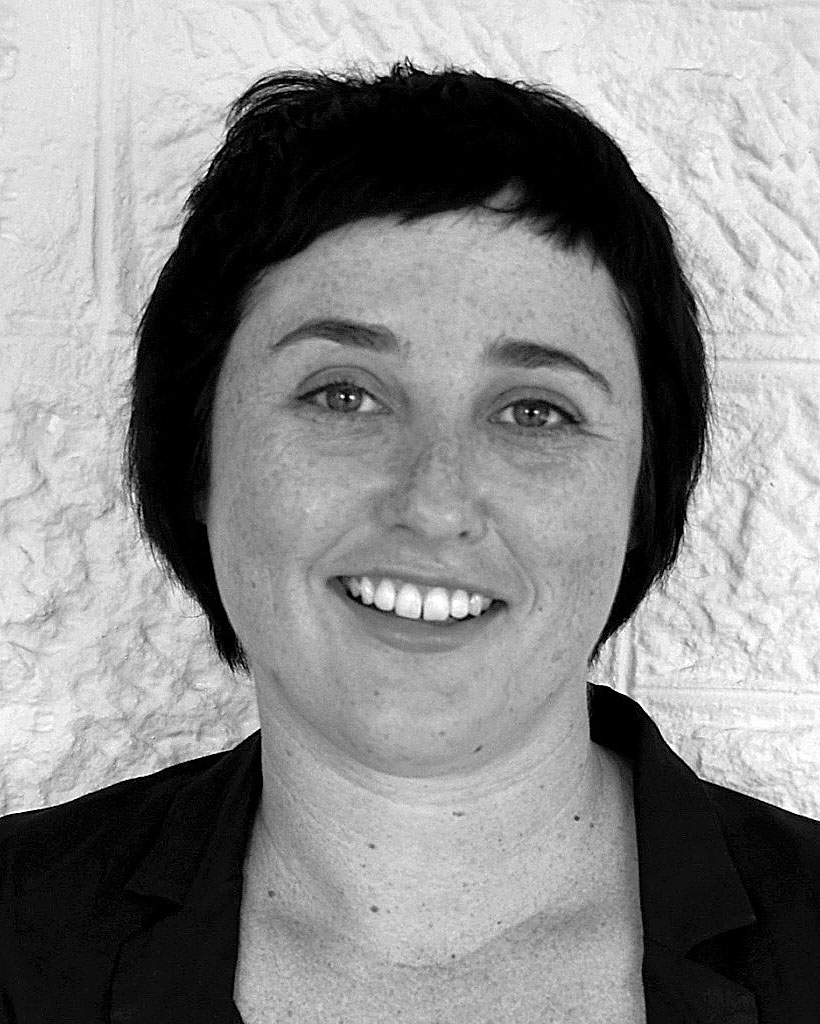
Dr Kirsten Thorpe
Jumbunna Institute, UTS and Indigenous Archives Collective
Dr Kirsten Thorpe (Worimi, Port Stephens) is a Chancellor’s Postdoctoral Indigenous Research Fellow at Jumbunna Institute for Indigenous Education & Research, University of Technology Sydney (UTS). Kirsten leads the Indigenous Archives and Data Stewardship Hub, which advocates for Indigenous rights in archives and data, and refiguring libraries and archives to support the culturally appropriate ownership, management and ongoing preservation of Indigenous knowledges. Kirsten has broad interests in research and engagement with Indigenous protocols and decolonising practices in the library and archive fields, and the GLAM (Galleries, Libraries, Archives and Museums) sector. Kirsten’s thesis, awarded the Monash University Mollie Holman Medal for the Faculty of Information Technology (2022), explored Indigenous self-determination and sovereignty over the management of Indigenous knowledges, with a particular focus on engagement with archives. Prior to her move to academia, Kirsten worked in major collecting institutions across public libraries and archives. Kirsten is an invited member of the International Council on Archives Expert Group on Indigenous Matters, a co-founder of the Indigenous Archives Collective, and an elected member of the International Federation of Libraries (IFLA) Indigenous Matters Section (2023-2027).
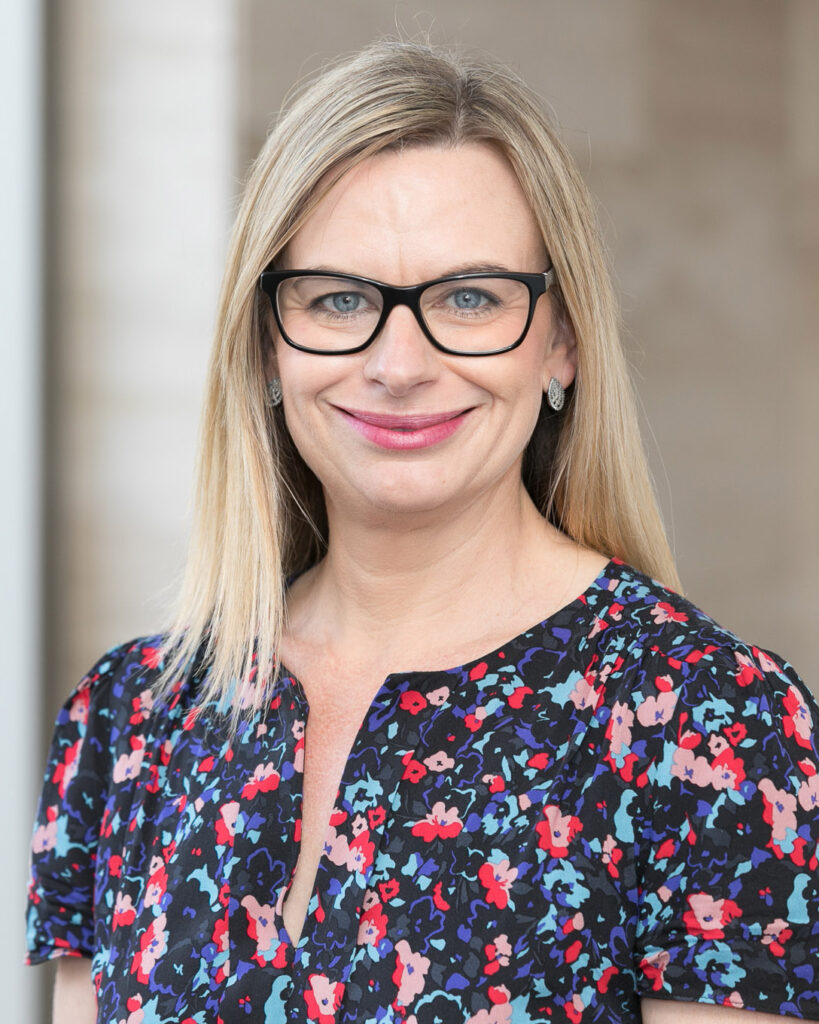
Jill Benn
CAUL, University of Western Australia
Jill Benn has been the University Librarian at the University of Western Australia since 2014. She has over 20 years’ experience in the Higher Education Sector and is a Principal Fellow of the Higher Education Academy. Jill is active professionally, nationally and internationally. She is currently the Chair of the Council of Australian University Librarians, Director of the CAUDIT Leadership Institute for Library and IT professionals, and Co-Chair of the Research Data Alliance Council. Jill is proud of her Aboriginal (Noongar Ballardong) heritage.
Kummargii Yulendji Symposium – Resources List
Indigenous referencing guidance for Indigenous Knowledges Toolkit related items:
The Toolkit:
- Webpage: https://members.caval.edu.au/indigenous-referencing-guidance
- PDF: https://short.caval.edu.au/IKAT
Toolkit background information:
- https://members.caval.edu.au/member-committees/members-crig/cacik
- Report 1: Report 1 – Acknowledging cultural authority and Indigenous Knowledges in referencing
- Report 2: Report 2 – Acknowledging cultural authority and Indigenous Knowledges in referencing
Blog posts relating to the toolkit:
Examples of Institutions using the guidelines:
- La Trobe University: https://latrobe.libguides.com/oxford/indigenous#s-lg-box-22183172
- Federation University: https://federation.edu.au/library/study/fedcite/content/apa-7th-ed./indigenous-knowledge/indigenous-knowledge
- Southern Cross University: https://libguides.scu.edu.au/apa/indigenous-knowledge
- Australian Catholic University: https://libguides.acu.edu.au/first-peoples-knowledges
Protocols:
Description Guidelines:
- AIATSIS Subject Thesaurus: https://www1.aiatsis.gov.au/subject/subject.html
Related Reading:
- Abundant Intelligences: https://www.indigenous-ai.net/abundant
- AIATSIS Code of Ethics for Aboriginal and Torres Strait Islander Research: https://aiatsis.gov.au/sites/default/files/2020-10/aiatsis-code-ethics.pdf
- Indigenous Data: https://ardc.edu.au/resource/indigenous-data/
- Improving Indigenous Research Capability: https://ardc.edu.au/project/improving-indigenous-research-capability/
- HASS and Indigenous Research Data Commons: https://ardc.edu.au/program/hass-rdc-indigenous-research-capability/
- Australian Indigenous HealthInfoNet – The Australian Indigenous HealthInfoNet Guidelines for Aboriginal and Torres Strait Islander Terminology: https://healthinfonet.ecu.edu.au/healthinfonet/getContent.php?linkid=675466&title=The+Australian+Indigenous+HealthInfoNet+guidelines+for+Aboriginal+and+Torres+Strait+Islander+terminology&contentid=44676_1
- Australian Government | Style Manual: https://www.stylemanual.gov.au/accessible-and-inclusive-content/inclusive-language/aboriginal-and-torres-strait-islander-peoples
Convening Team
- Emma Juniper Director, Informit
- Laki Sideris Head of Product, Informit
- Dr. Gretel Taylor Research Consultant and Curator
- Anna Srivastava Manager Strategy Communications, CAVAL
- Ally Scale Marketing Manager, Informit
- Jaime McCowan CEO, CAVAL
- Sae Ra Germaine Deputy CEO, CAVAL
- Sara Davidsson Member Services Coordinator, CAVAL
- Niki Ebacioni Metadata Editor, Informit
- Dr. Sarah Polkinghorne Research Fellow, RMIT Enabling Impact Platform, Social Change
- Prof. Lisa Given Director, RMIT Enabling Impact Platform, Social Change
Thank You
Informit’s First Peoples Lens’ Steering Committee – N’Arwee’t Professor Carolyn Briggs AM, Maurice O’Riordan (Batchelor Institute Press), Simone Calderwood (AIATSIS), Jaime McCowan (CAVAL), Professor Liz Cameron (University of Newcastle), Dr Gabrielle Murray (RMIT Office for Indigenous Education, Research and Engagement).
RMIT Activator for the Symposium event and workshop space.
The RMIT Enabling Impact Platform, Social Change, for their support.
Social Sciences Week, for including the Symposium in their program.
Speakers: Professor Gary Thomas, Assistant Professor Stacy Allison-Cassin, Michelle Rusiniak, Jill Benn, Tui Raven, Anthony McLaughlin, Lauren Booker, Dr Shannon Faulkhead, Dr Kirsten Thorpe.
Chairs: Professor Lisa Given, Dr Sarah Polkinghorne, Sae Ra Germaine, Niki Ebacioni.
Lewis Wandin-Bursill, Wurundjeri artist, for the Birrarung Biik artwork.


